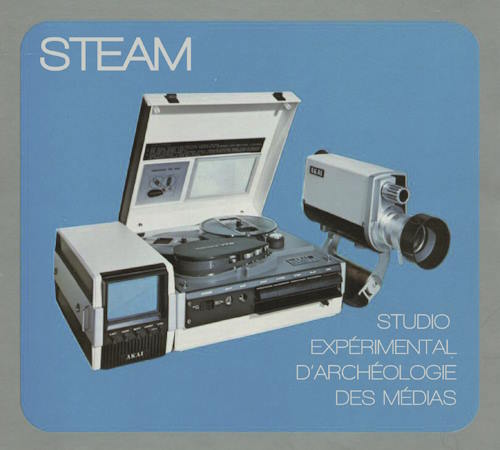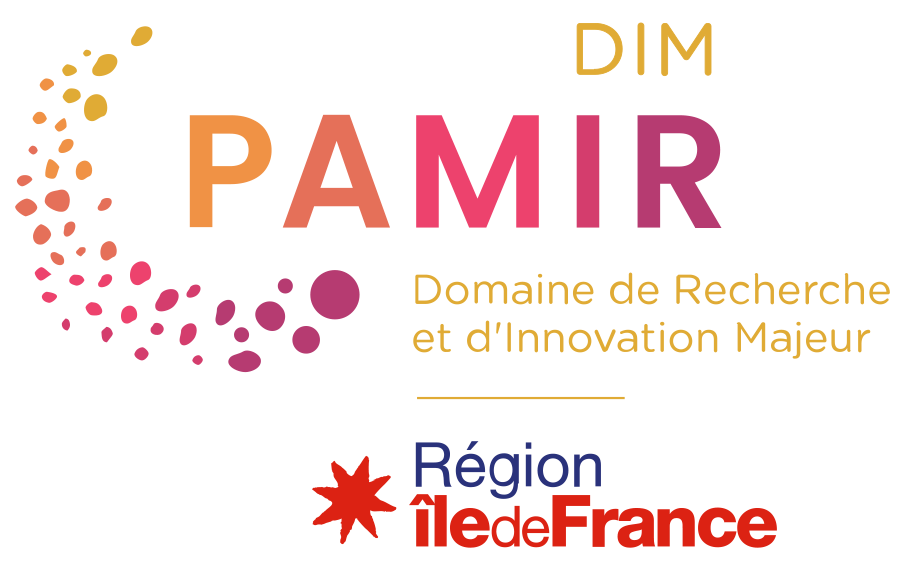
STEAM
Experimental Studio of Media Archaeology
Scientific responsibility :
- Ghislaine Glasson Deschaumes
- Jonathan Larcher
- Baptiste Buob
- Isabelle-Cécile Le Mée
Methodological axes :
Thematic fields :
Disciplinary sectors :
Funding :
- DIM PAMIR
- MSH Mondes
- Ministère de la Culture
- LabEx PasP
Project ID : IDF-DIM-PAMIR-2024-1-008
Summary :
Due to the continuous evolution of recording formats and instruments, the field of audiovisual media is not exempt from the effects of obsolescence and technical alienation. While films and sounds rendered almost “illegible” accumulate from all sides, our understanding of the instruments for recording and projecting images and sounds diminishes. This observation is particularly relevant for so-called analog video, developed during the last quarter of the 20th century. Yet, the images shot on video document an essential but little-known period of the democratization of filmic tools in research, cultural heritage, private and professional spheres. It is precisely on these formats that the Experimental Studio of Media Archaeology (Steam) focuses. It aims at becoming a unique place of research, creation, and training centered on the reuse of these instruments and on the study, treatment, and remediation of moving images recorded in analog video format. Indeed, there is a multitude of video recordings that would benefit from being studied, preserved, and recirculated due to their scientific, historical, and heritage interest: forgotten scientific documentation that is nevertheless decisive for understanding the evolution of research, civil society archives illuminating our recent history, private collections of personalities or families providing insights into life paths and events, etc. Steam thus aims to support and accompany projects built around video collections likely to enrich our knowledge of the history of science and technology, heritage, and territory, from a perspective that may pertain to both fundamental research and creation, as well as the intersection of these two approaches approaches and of those with citizen sciences, which are relevant to the Steam project, especially involving citizens living in the Ile-de-France.

